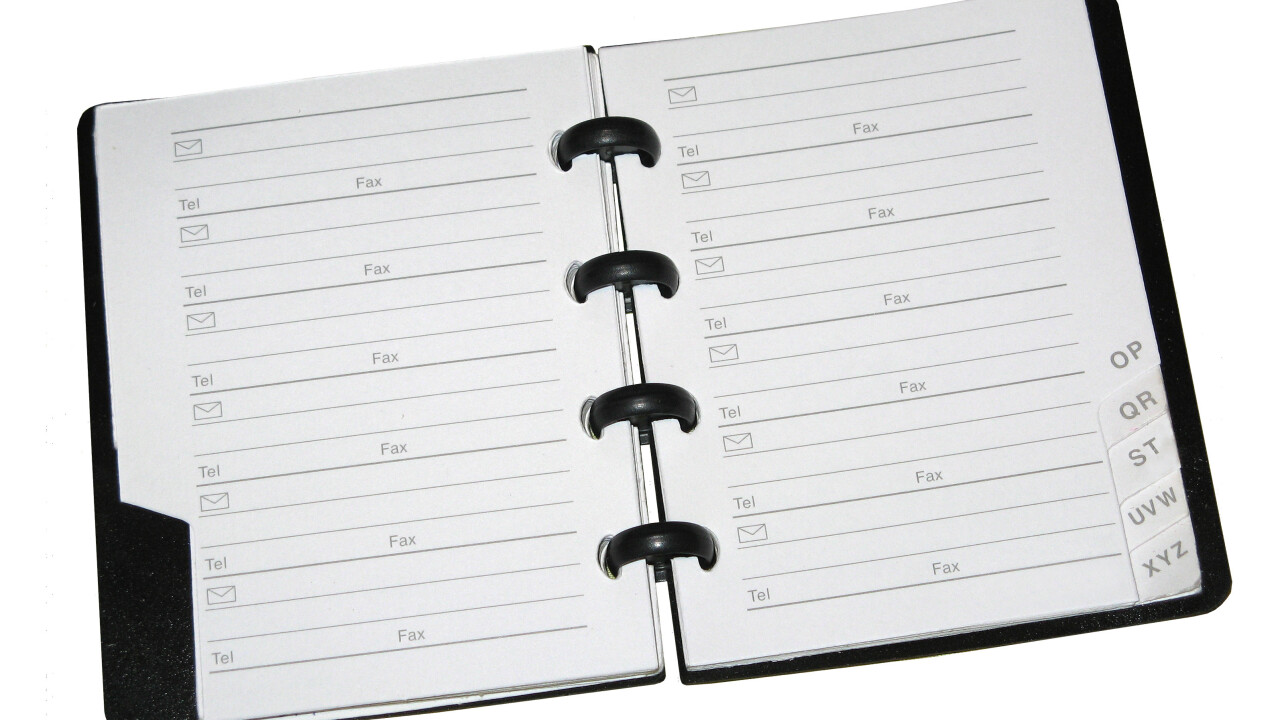
Google today announced it is keeping its API for CalDAV, an Internet standard allowing a client to access calendar and scheduling information on a remote server, public for all developers. At the same time, the company is also releasing an API for CardDAV, a protocol for sharing address books and contacts on a server.
Back in March, at the same time as it announced the upcoming closure of Google Reader, the company revealed plans to kill off the CalDAV API with about six months of notice. Developers were unsurprisingly quite unhappy with the decision.
Here’s what Google said at the time:
CalDAV API will become available for whitelisted developers, and will be shut down for other developers on September 16, 2013. Most developers’ use cases are handled well by Google Calendar API, which we recommend using instead. If you’re a developer and the Calendar API won’t work for you, please fill out this form to tell us about your use case and request access to whitelisted-only CalDAV API.
Now Google is reversing its decision to make the API a partner-only offering simply because almost all its usage was driven by a few large developers. The company says in the last three months it has received “many requests” for access to CalDAV and was given many developers’ use cases, so it changed its mind.
Furthermore, both the CalDAV and CardDAV APIs are getting the following features:
- Integration with the Google APIs Console. To start using CalDAV or CardDAV in your project, just enable it in the Console.
- OAuth 2.0 authentication.
Developers complained very loudly about Google’s previous plan so we’re sure most of them are ecstatic with today’s news. Many of us undoubtedly wish the company could be persuaded in the same way to keep Google Reader around, but that’s unfortunately very unlikely.
Top Image Credit: Mari Carmen Guinovart
Get the TNW newsletter
Get the most important tech news in your inbox each week.





